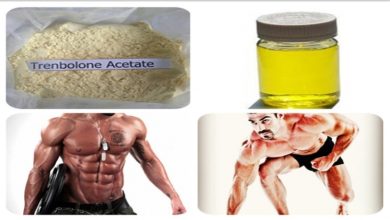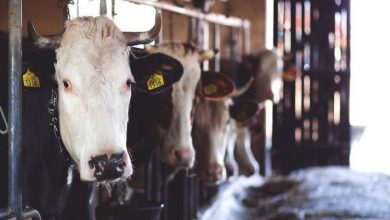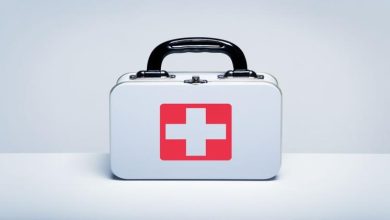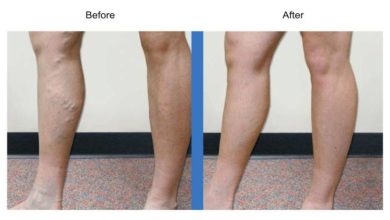Diet Tips from a Gastroenterologist

Imagine biting into a juicy burger. You savor the taste and texture, but the aftermath? Not so pleasant. The katy abdominal pain hits. It’s like a gut punch but from the inside. It’s not fun. A large part of avoiding this discomfort comes down to diet. As a gastroenterologist, I’ve seen the dramatic difference a good diet can make. So, let’s dive in and discover some stomach-friendly diet tips that can help you enjoy your meals without the dreaded abdominal pain.
The Importance of a Balanced Diet
Food is our fuel. It keeps us going. But not all fuel is created equal. The quality of food we ingest directly impacts how we function. Just like a car runs better on high-quality fuel, so does our digestive system.
So what does a balanced diet look like? It’s a mix of proteins, carbohydrates, and fats – the three main components of food. This doesn’t mean you have to give up on your favorite dishes. It’s about making smarter choices and diversifying your meals.
Protein – Your Muscle Builder
Proteins are the building blocks of our bodies. They promote muscle growth and repair. Lean meats, fish, eggs, and legumes are excellent sources. Try to incorporate these into your meals in moderate amounts. Overdoing protein, however, can lead to kidney issues. Balance is key.
Carbohydrates – Your Energy Provider
Carbohydrates provide energy. They are essential. But not all carbs are equal. Opt for complex carbs like whole grains, fruits, and vegetables. They are healthier and provide long-lasting energy. Avoid simple carbs like sugary drinks and pastries. They can lead to blood sugar spikes and, ultimately, to abdominal pain.
Fats – The Good, The Bad, and The Ugly
Fats are not always bad. Some are beneficial. These are the unsaturated fats found in avocados, nuts, and fish. On the other hand, trans and saturated fats are the ones to avoid. They are commonly found in junk and processed food. They can cause inflammation and exacerbate abdominal pain.
The Role of Fiber
Fiber is a crucial part of our diet. It aids digestion and helps us feel full. High-fiber foods include fruits, vegetables, and whole grains. They can help prevent constipation and lower the risk of digestive conditions.
Hydrate!
Water is essential for digestion. It helps break down food and absorb nutrients. Aim for 8 glasses a day. Cut down on caffeinated and sugary drinks. They can dehydrate you and lead to abdominal pain.
With these tips in mind, you’re on your way to a healthier diet. Remember, the goal isn’t to be perfect. It’s to make better choices more often. Small changes can lead to big results. Here’s to happier, healthier eating!





